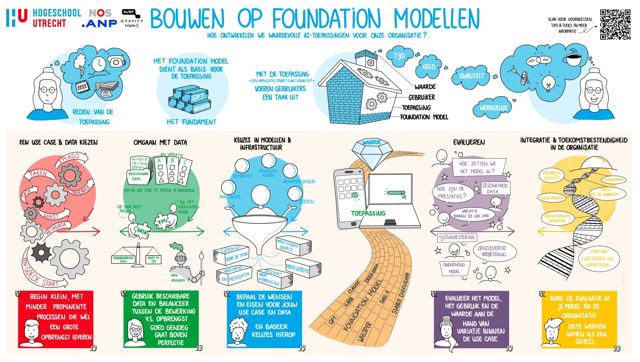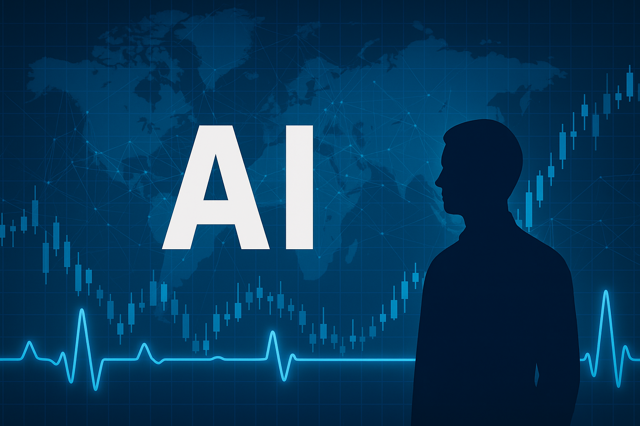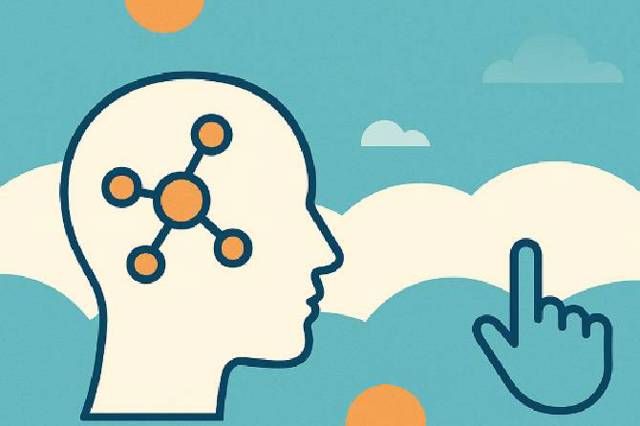< Back to news 


23 January 2025
Hyperbolic Geometry: the solution?
Deep learning excels at tasks like image recognition but often struggles with accuracy when classifying similar objects. UvA researcher Pascal Mettes suggests hyperbolic geometry as a game-changing solution.
Unlike traditional Euclidean space, hyperbolic geometry better supports complex hierarchies, improving classification in fields like biology and AI powered systems. This innovative approach could make AI more reliable and applicable to challenges like molecular research and language models. Mettes hopes hyperbolic geometry will soon become a standard feature in deep learning tools.
The current challenge lies in how AI networks classify objects. Unlike humans, who naturally organize objects into intuitive hierarchies (e.g., apple tree → fruit tree → tree → living organism), AI networks build their classifications in ways that often remain mysterious to us. These classifications exist in a "latent space," typically modeled using Euclidean geometry, which limits the networks' ability to handle hierarchical data effectively.
Mettes proposes incorporating hyperbolic geometry, which grows exponentially like natural hierarchies, into these networks. Early research has already demonstrated that deep learning models enhanced with hyperbolic geometry outperform traditional networks in making complex hierarchical classifications. This breakthrough could revolutionize AI applications in fields like biology, where data on rare species or molecules is scarce. It could also improve scientific research in medicine and chemistry, as well as enhance the performance of language models like ChatGPT.
Vergelijkbaar >
Similar news items

May 29
Building responsibly on foundation models: practical guide by Utrecht University of Applied Sciences and RAAIT
Researchers from RAAIT have published a practical guide for organisations aiming to develop AI applications using foundation models. The guide supports responsible decision-making.
read more >

May 29
SER: Put people first in the implementation of AI at work
In a new advisory report, the Dutch Social and Economic Council (SER) calls for a people-centred approach to AI in the workplace, warning of risks to jobs and social cohesion.
read more >

May 27
🌞 Open Space: AI meets Science Communication – will you take the stage?
Are you working on AI with impact? Wondering how to talk about it with the world? Join us on Thursday 4 July for an open space afternoon on AI & Science Communication, co-organized by Amsterdam AI and NEWS (the Dutch national centre for science & society).
read more >